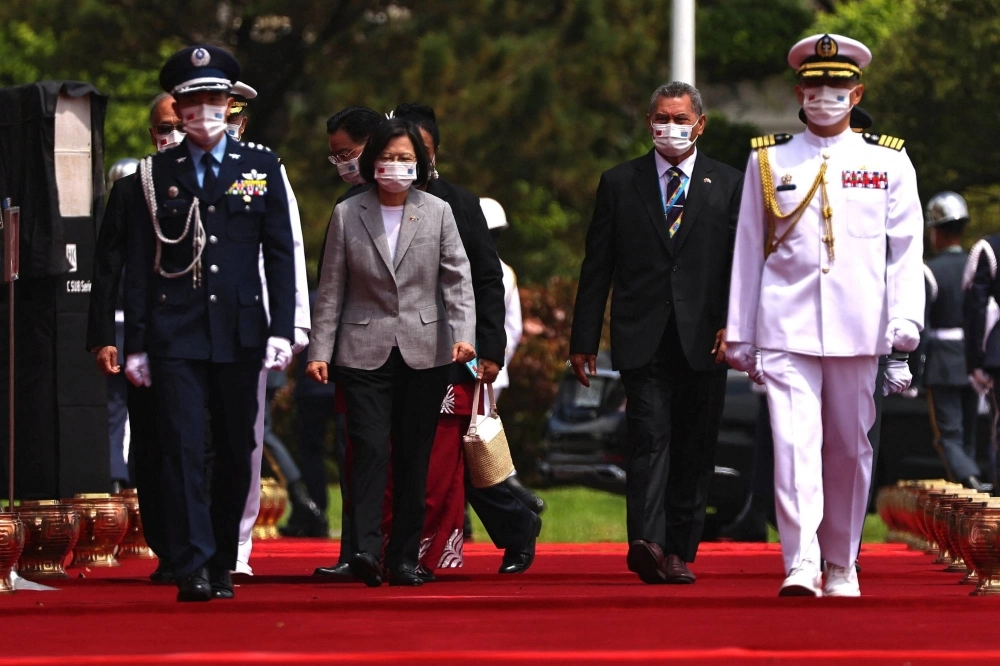An election in Tuvalu that saw a pro-Taiwan prime minister lose his seat in parliament is fueling speculation that the tiny Pacific island nation could become the next country to switch diplomatic recognition from Taiwan to China following Nauru, which switched sides last month.
But how big a loss would Tuvalu's diplomatic shift be for Taipei?
With only 12 diplomatic partners left, the loss of yet another would be regrettable but wouldn’t bring about much change to Taiwan’s status or its ability to operate in the world, especially as the self-ruled island is already implementing a more pragmatic approach in order to circumvent diplomatic obstacles.

















With your current subscription plan you can comment on stories. However, before writing your first comment, please create a display name in the Profile section of your subscriber account page.